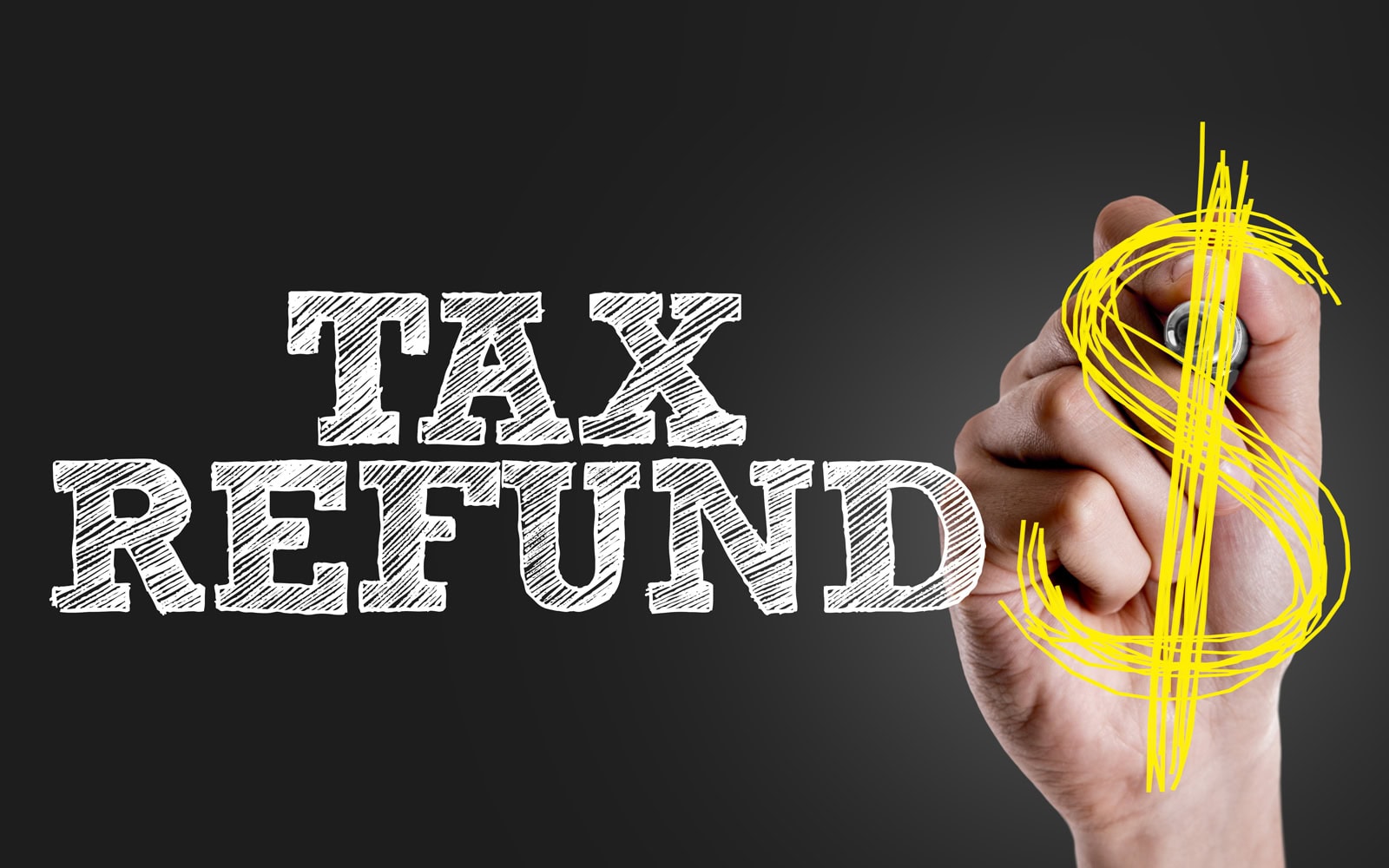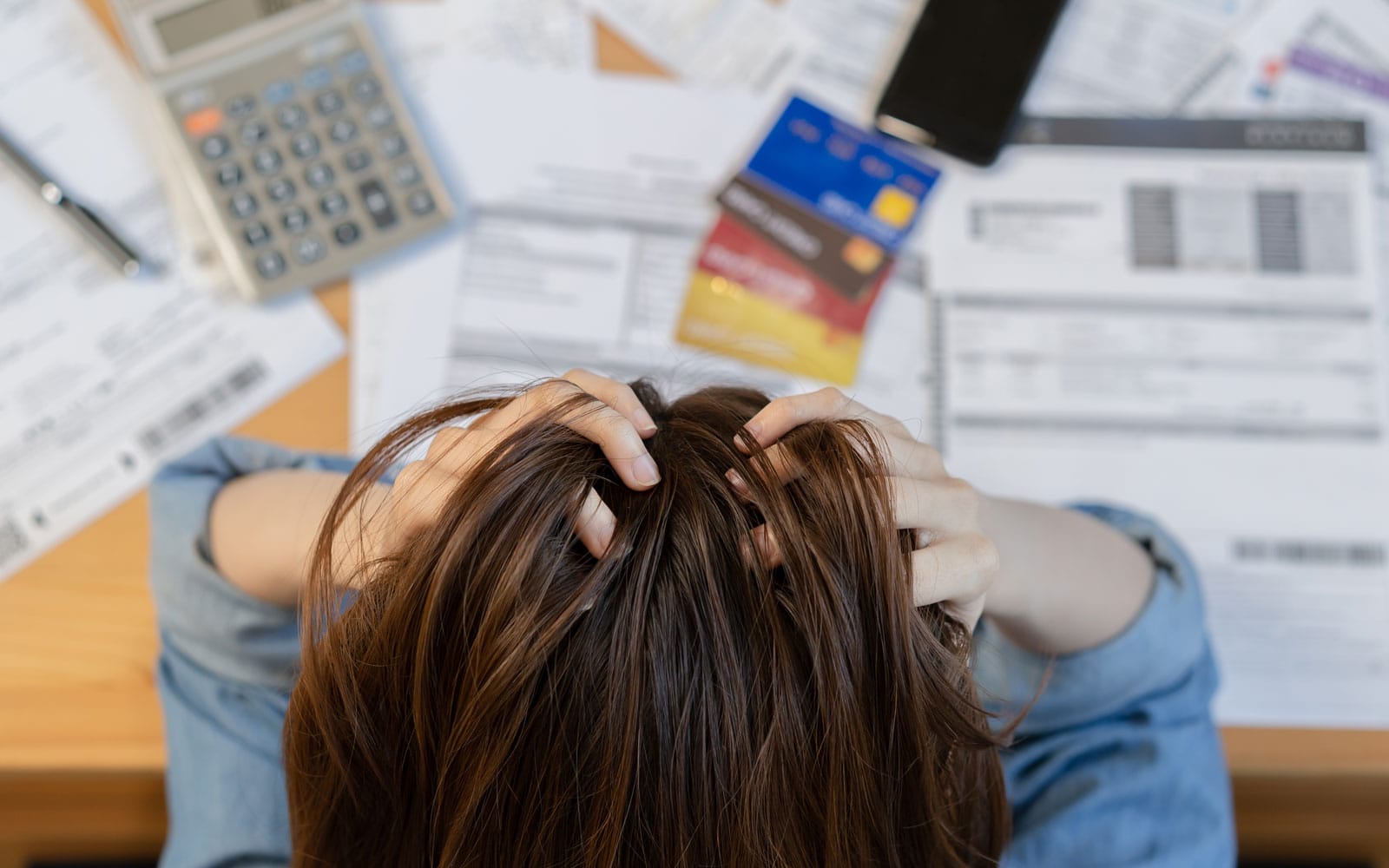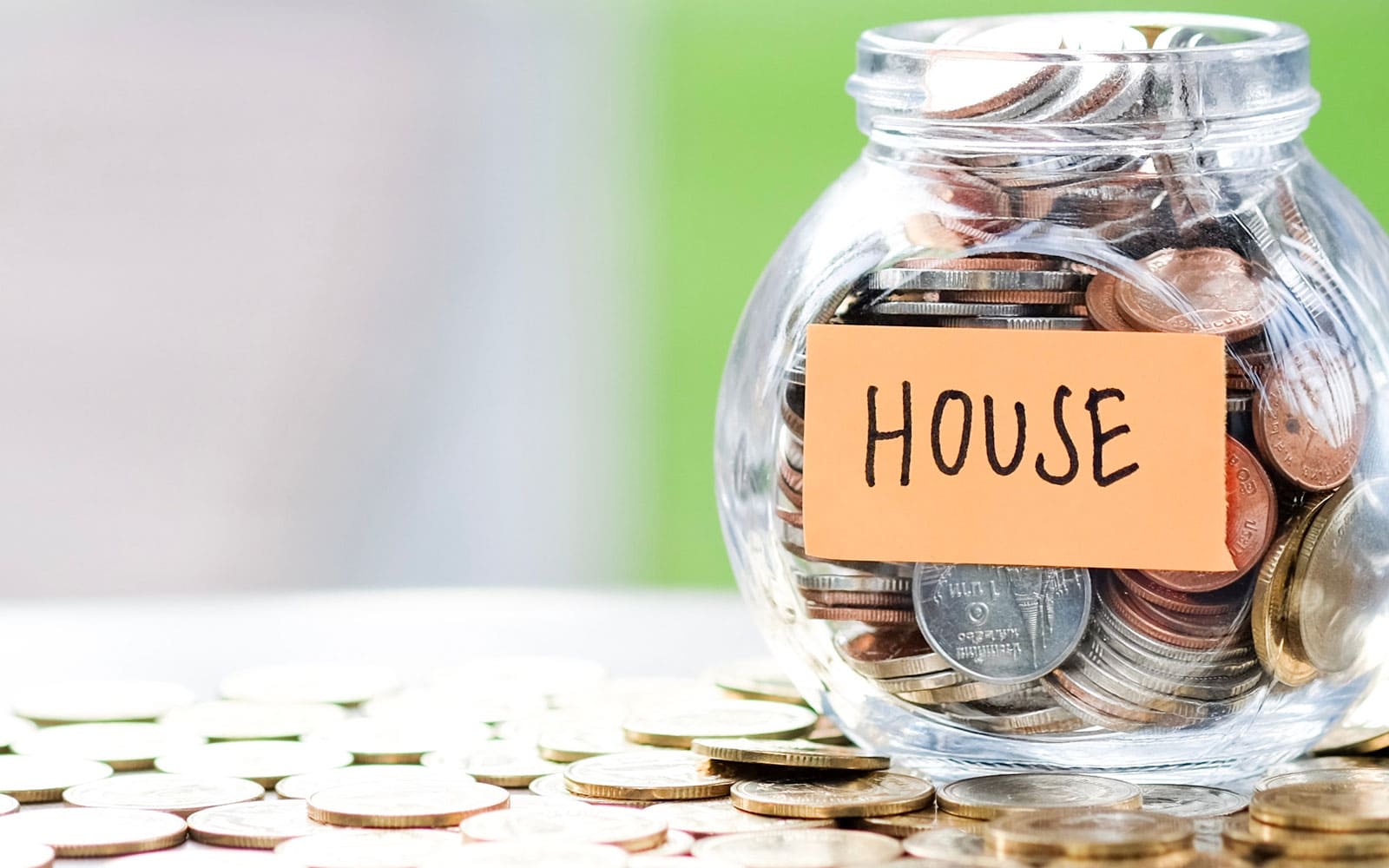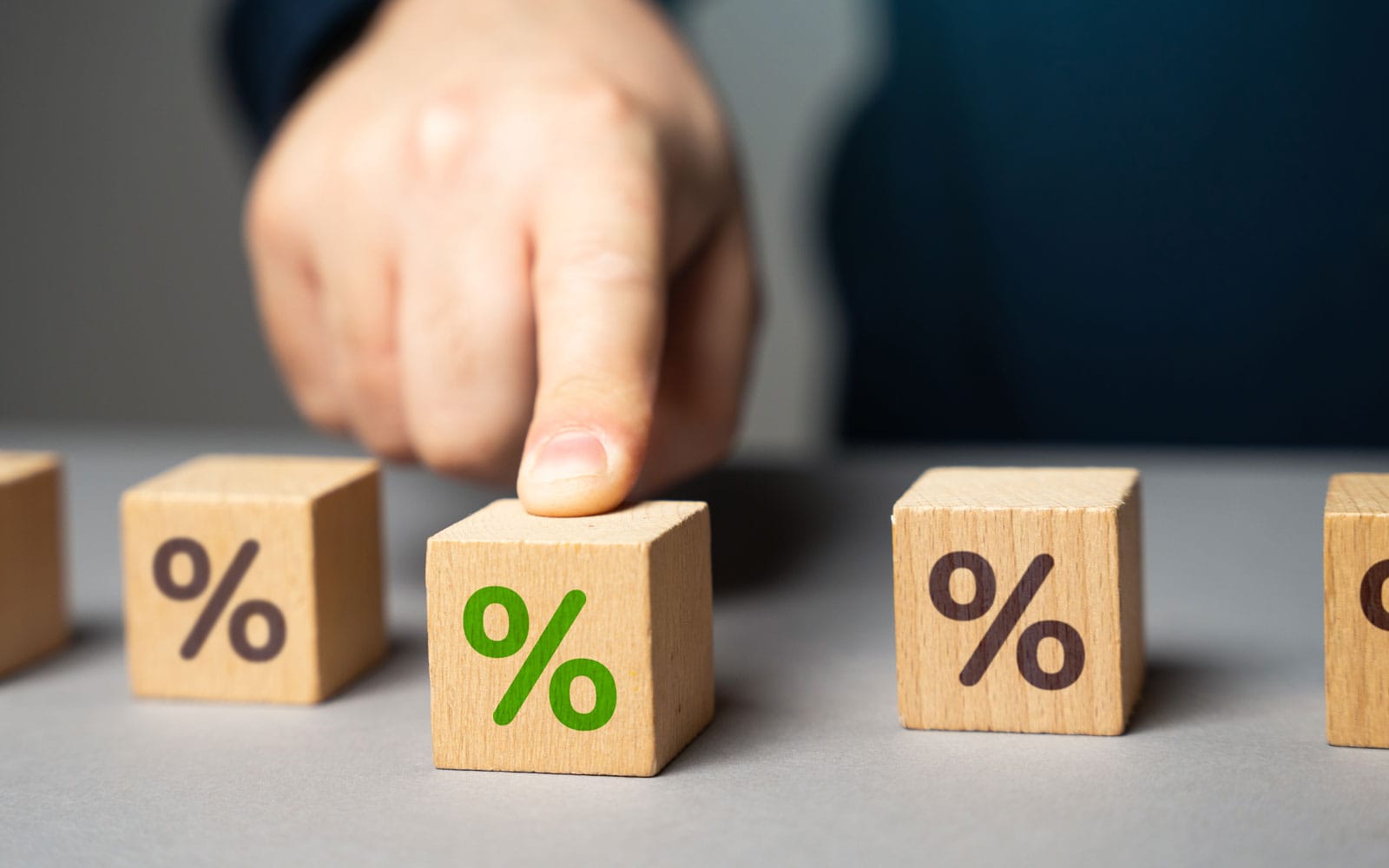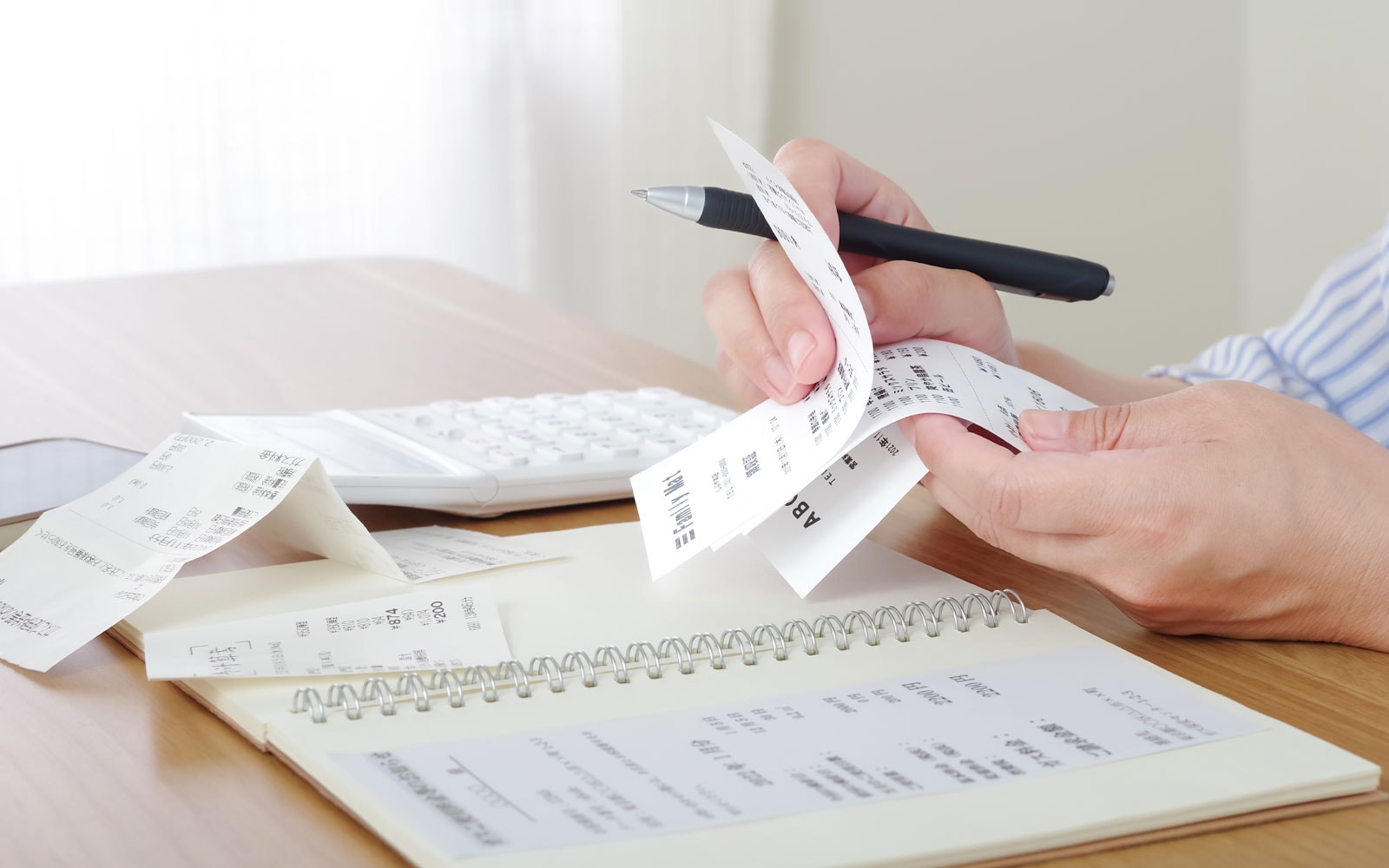Is there any better feeling than finding out you’re getting a tax refund? After looking at your payslips all year and seeing a quarter of it (more or less) going straight to the IRD, it’s so good to get a bit back!
Whether it’s a few hundred or a few thousand dollars, that bonus can open up all kinds of financial opportunities.
The big question is: how should you use it? Should you save it, invest it, or pay off debt? The answer depends on your personal goals and financial situation—but there are ways to make your refund work harder for you. Let’s explore your options and see how you can turn a refund into real financial momentum.

1. Understand Your Financial Priorities
Before doing anything with your tax refund, take a step back and look at your current financial situation. Ask yourself:
- Do I have any high-interest debt?
- Am I saving regularly?
- Do I have an emergency fund?
- Are there investment goals I want to reach?
This simple financial check-in will help you decide where your refund will be most effective.
2. Pay Off High-Interest Debt First
If you’ve got credit card debt, short-term high-interest loans, or hire purchases hanging over you, this is usually the best place to start. Using your refund to pay off—or pay down—these balances can save you a heap in interest over time.
Let’s say you’re paying 20% interest on a $2,000 credit card. If you just pay the minimum each month, it would take years to pay it off. Putting a $1,000 refund toward that balance could allow you to pay it off so much faster and reduce your future interest costs by hundreds of dollars. That’s like getting a second refund, just in savings.
Auckland Loans Tip: If you’ve got multiple debts, consider a debt consolidation loan. We work with local lenders to help Aucklanders bundle repayments into one low-cost, easy-to-manage loan. That way, you can simplify your finances and potentially reduce your interest rate too!
3. Build (or Boost) Your Emergency Fund
Experts generally recommend having 3 to 6 months of living expenses saved in an emergency fund. But research shows that many Kiwis are underprepared, with a third of us unable to handle an unexpected $500 bill.
Your tax refund is the perfect way to kickstart or top up this rainy-day fund. Set it aside in a separate high-interest savings account so it’s out of sight, but easily accessible when you need it.
Having that financial buffer gives you peace of mind—and can stop you from falling back into debt when life throws a curveball.
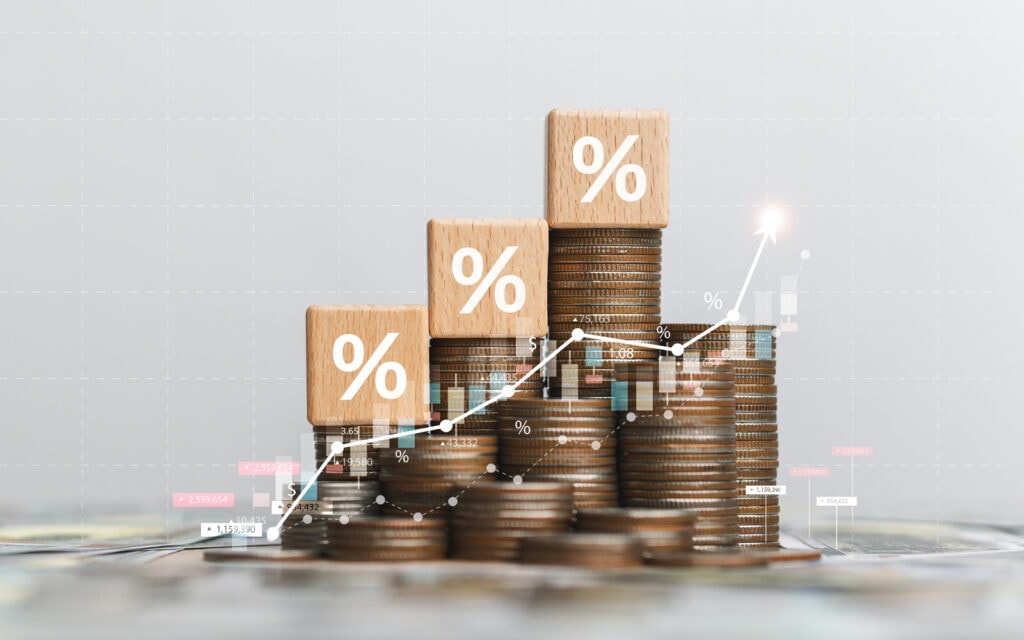
4. Invest for Your Future
Once you’re debt-free and have some savings sorted, it might be time to think about investing. In New Zealand, Kiwisaver is a smart and easy place to start.
Top Options for Investing Your Tax Refund:
- Kiwisaver Boost
You can make voluntary contributions to your Kiwisaver at any time—and the government will match up to $260.72 each year (if you contribute at least $1,042.86 by 30 June). So, if you haven’t maxed that out yet, your refund could help you grab the full government contribution. - Shares or Managed Funds
Platforms like Sharesies, Hatch or InvestNow make it easy to invest small amounts into local and international markets. Even a few hundred dollars can go a long way when invested early and wisely. - Education or Upskilling
Investing doesn’t always mean the stock market. You could also use your refund to take a short course or workshop that helps you level up your skills—and boost your income potential.
5. Save for a Big Goal
Got a wedding, overseas trip, first home, or new car on your mind? Your refund can be the first building block toward that big dream.
Create a goal-based savings account and give it a fun name—like “Japan 2026” or “New Family Car Fund.” It helps you stay focused and motivated, and online banking makes it easy to automate your savings from there.
6. Spend a Little, Guilt-Free
Let’s be real: you’ve worked hard all year, and it’s okay to enjoy a slice of your refund. The key is balance. A common rule of thumb is to split your refund like this:
- 50% towards debt or savings
- 30% towards investing or long-term goals
- 20% for fun or discretionary spending
That way, you’re being responsible but also treating yourself—a win-win.
How Auckland Loans Can Help

At Auckland Loans, we know that managing your money isn’t just about getting a loan—it’s about making smart, long-term decisions for your future. Whether you want to consolidate debt, explore low-cost personal loan options, or just talk to a friendly, local expert, we’re here to help.
We provide:
- Fast, free quotes with no obligation
- Access to multiple lenders, even for those with less-than-perfect credit
- Same-day approvals* and flexible repayment terms
- Friendly, local service from a team that understands Aucklanders
More options. Faster service. Better local lending—that’s what we’re all about!
Better options, better rates, better local lending.
*Subject to responsible lending checks and criteria

